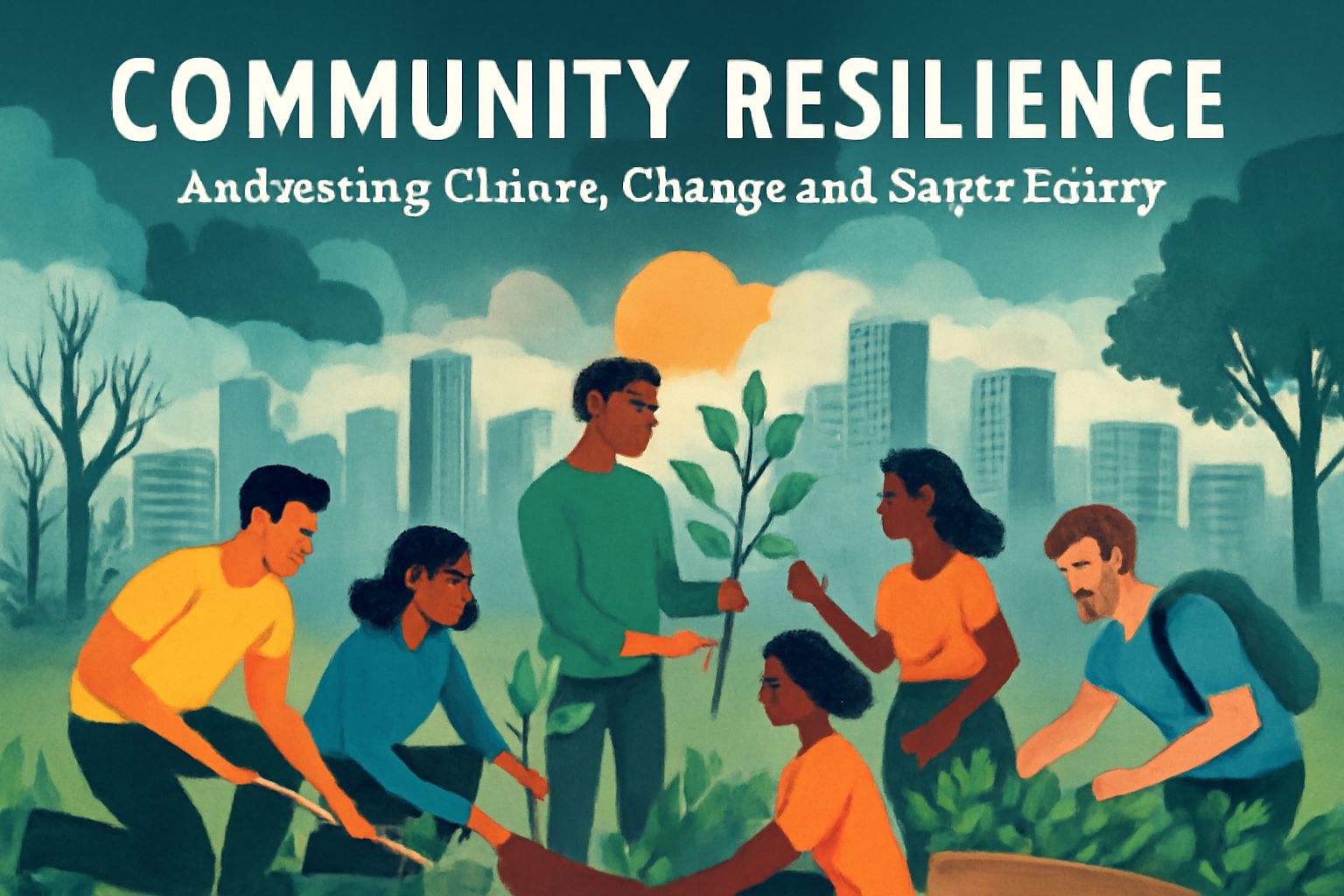Location
Mount Vernon, WA 98274
Location
Mount Vernon, WA 98274

As cities worldwide face challenges from climate change and social unrest, a new movement toward community resilience is gaining traction. This article explores how urban dwellers are banding together to create sustainable solutions that prioritize social equity and environmental stewardship.
In recent years, urban areas have increasingly become battlegrounds for various social, economic, and environmental challenges. From the effects of climate change to growing inequality, cities are at the forefront of these issues. However, alongside these challenges, a remarkable movement is emerging: community resilience.
Community resilience refers to the ability of communities to withstand and recover from adverse events while maintaining their core functions and values. This concept has gained importance as cities recognize that a collective approach can lead to more sustainable solutions. For instance, grassroots initiatives are popping up across urban landscapes, focusing on food security, renewable energy, and social justice.
A pertinent example is the Food Secure Canada initiative, which aims to enhance food sovereignty in urban areas. Through community gardens, local food cooperatives, and educational programs, residents are taking control of their food sources, ensuring access to nutritious options while fostering a sense of community. This not only combats food deserts but also encourages local economies.
Another aspect of community resilience is the push for renewable energy. Numerous cities have adopted ambitious goals to transition to 100% renewable energy by 2030 or sooner. For example, C40 Cities has been instrumental in helping cities around the globe share best practices for sustainable energy solutions. Community solar initiatives allow residents to invest in solar energy projects collectively, reducing reliance on fossil fuels and lowering energy costs.
Moreover, social equity remains a pivotal element of community resilience. Urban areas are recognizing the importance of inclusive policies that address the needs of marginalized populations. Initiatives aimed at affordable housing, equitable access to public services, and community safety are becoming commonplace. Programs like The National Alliance to End Homelessness highlight how cities can implement strategies that bring people together, ensuring that no one is left behind.
As these movements grow, the role of technology cannot be overlooked. Digital platforms are facilitating communication and organization among community members, allowing for a more coordinated response to challenges. Social media campaigns and community apps are enhancing engagement, making it easier for residents to connect and collaborate on local issues.
In conclusion, the rise of community resilience in urban areas is a hopeful response to the daunting challenges that cities face today. By prioritizing sustainability, social equity, and community engagement, urban dwellers are not only improving their own lives but also setting an inspiring example for others. As this movement continues to evolve, the potential for positive change in cities around the world grows exponentially.